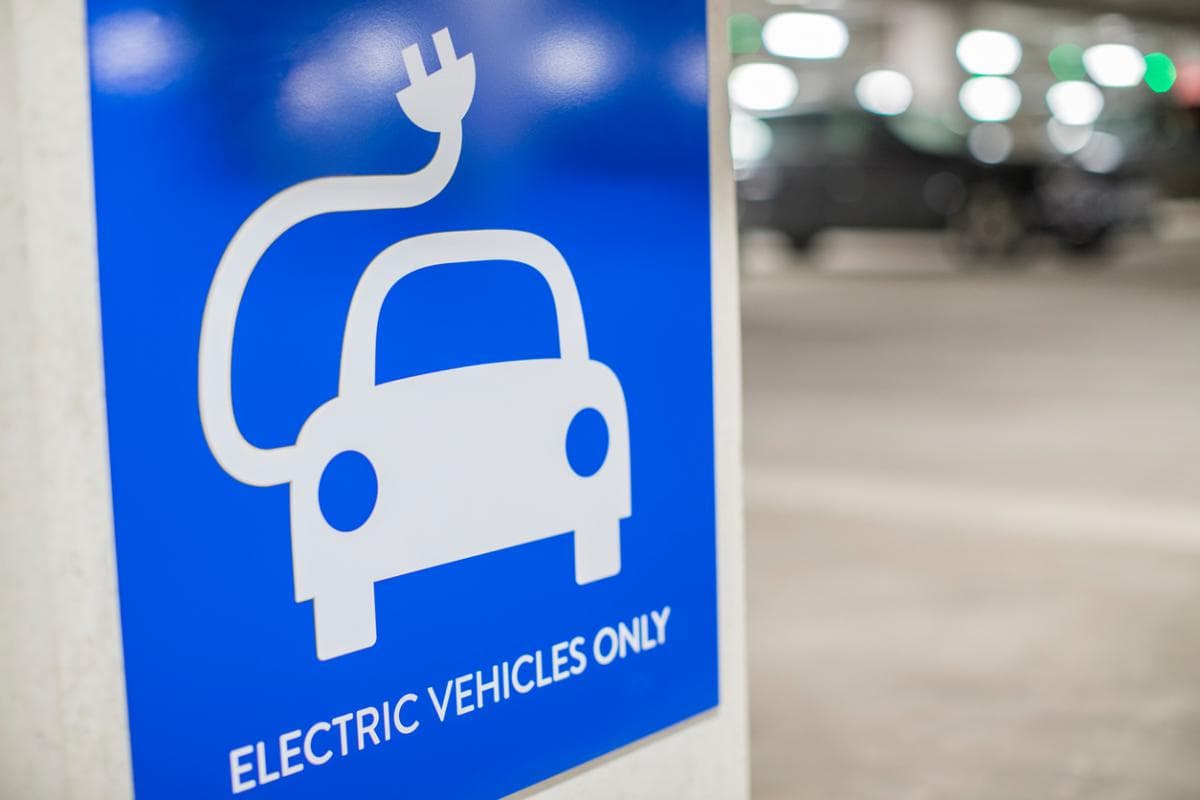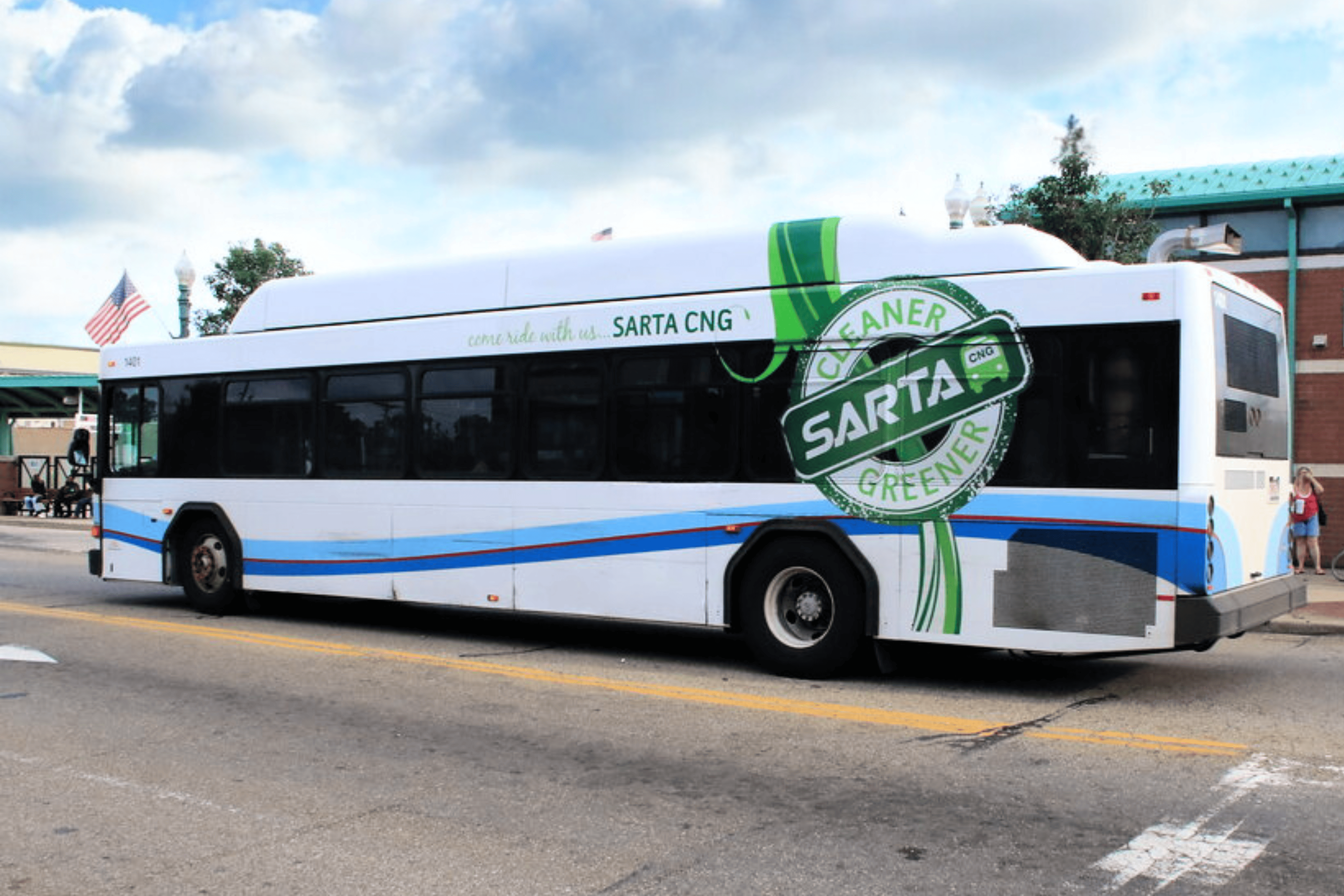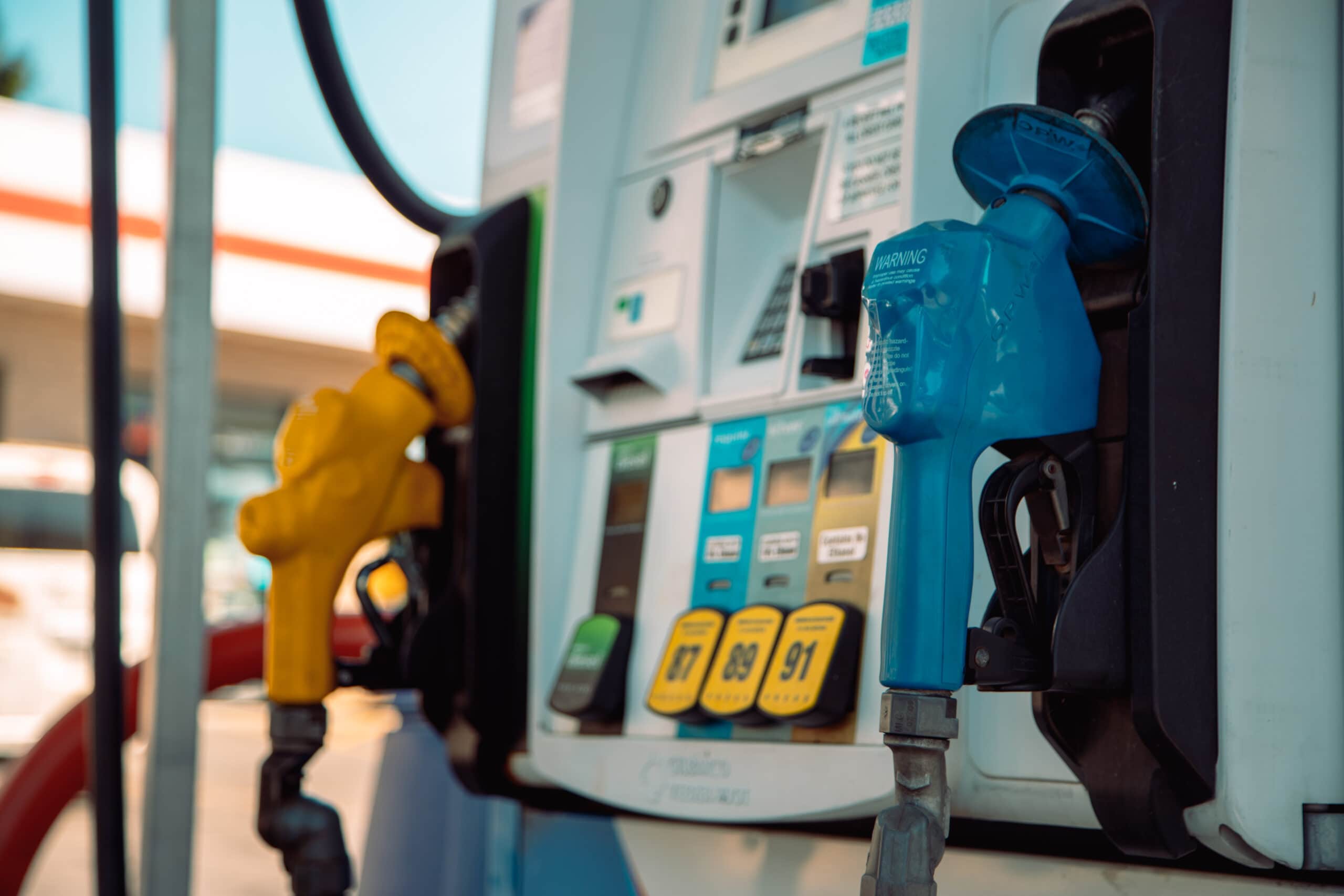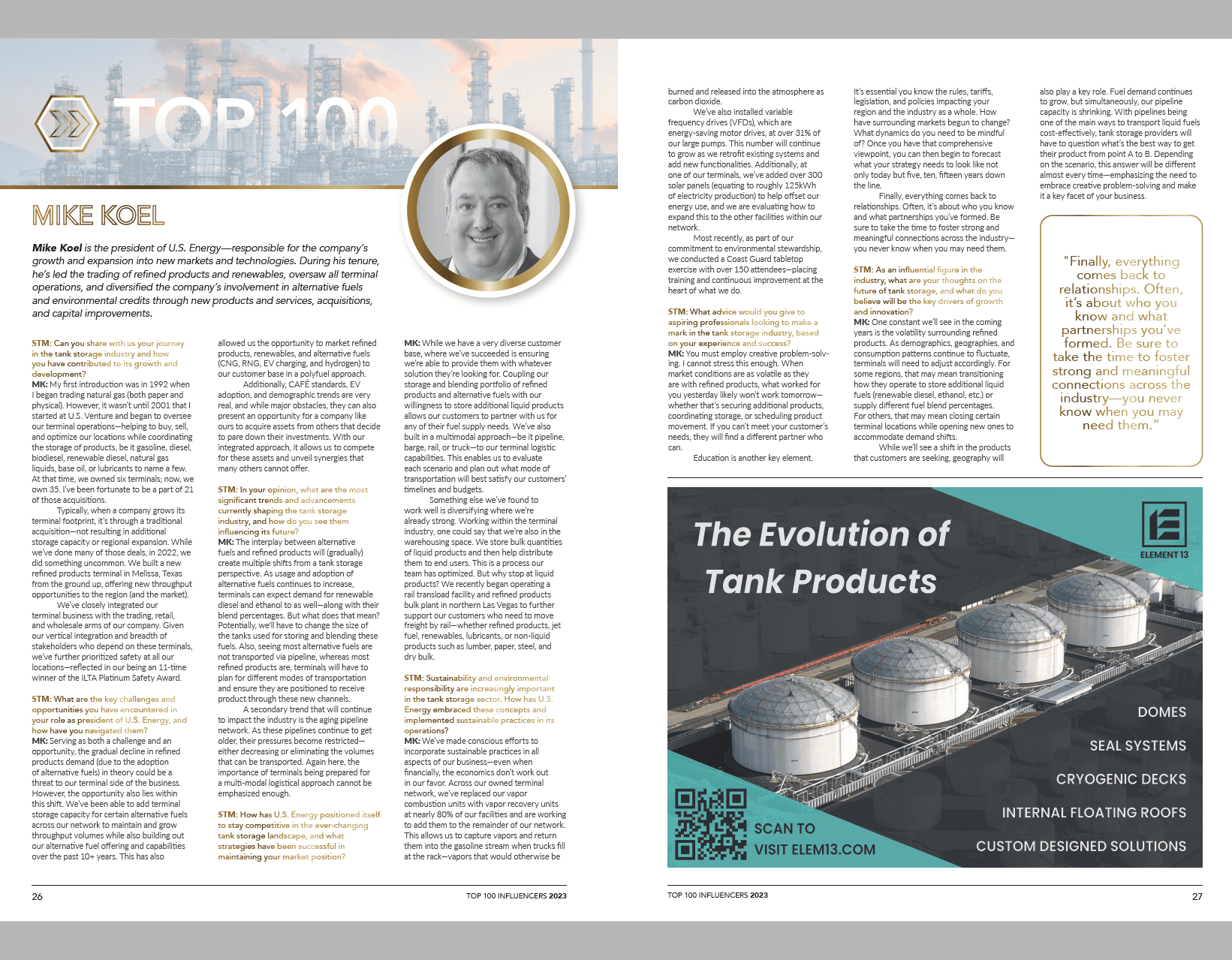Blog
California’s Advanced Clean Trucks and Advanced Clean Fleets RegulationIn efforts to accelerate the state’s transition to zero-emission medium- and heavy-duty vehicles, the California Air Resources Board (CARB) drafted its Advanced Clean Trucks regulation (ACT rule) and Advanced Clean Fleets regulation (ACF rule). In short, the ACT rule sets zero-emission vehicle (ZEV) sale mandates for truck manufacturers while the ACF rule sets purchase mandates...








